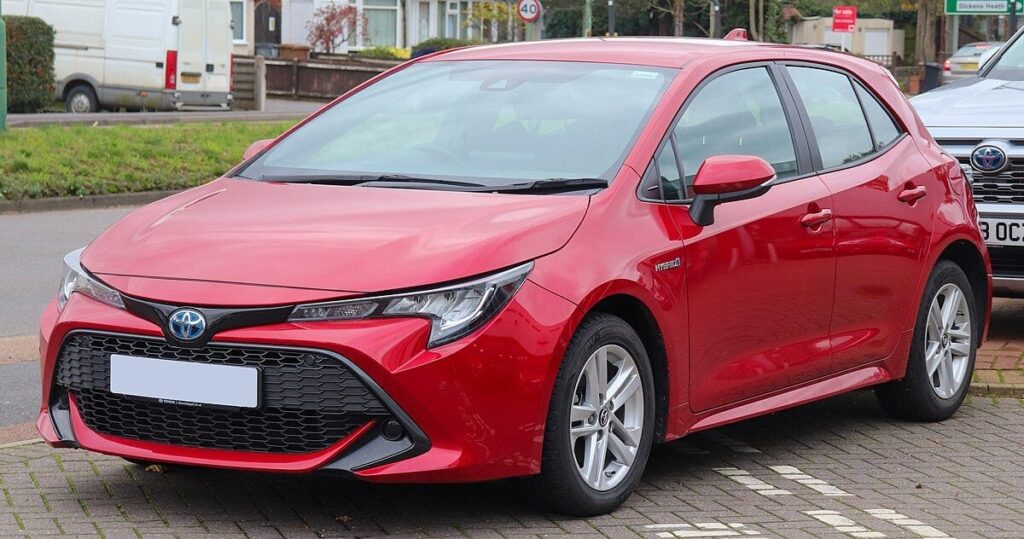Buying Guide: Fastest Selling Used Cars To Look Out For

Purchasing a used car can be a prudent decision, offering financial savings and a proven track record of performance. The consumer’s dilemma, however, lies in identifying which models are coveted enough to warrant a quick transaction at a fair price. The speed at which a used car sells can be an indicator of its demand, reliability, and overall value in the pre-owned market.
To offer guidance to prospective buyers, we have compiled valuable insights into what factors contribute to the brisk sales of second-hand vehicles. Below, we delve into the dynamics of the used car market and highlight models that exemplify quick-sale potential.
Contents
Understanding the Market: What Makes a Used Car Sell Quickly
Market trends dictate the ebb and flow of used car sales. Several underlying components factor into why some cars sell faster than others, such as seasonal demands, economic shifts, and consumer preferences. It’s essential for buyers to recognize these variables when considering a used vehicle purchase.
Popularity and brand reputation often result in faster resale. Manufacturers that consistently produce reliable and enduring vehicles find their models highly sought after in the used market. Additionally, cars that have held up well in terms of performance and maintenance tend to leave the lot with greater speed.
Another crucial consideration is the impact of digital resources on how rapidly a car sells. Online platforms and car-specific websites now play a significant role in bringing visibility to available vehicles, greatly enhancing the speed at which a transaction can occur. The fastest selling used cars often benefit from this increased exposure.
Key Factors Influencing the Resale Value of Used Cars
The resale value of a used car isn’t based on a single attribute; it’s a combination of factors that collectively determine its worth on the secondary market. A vehicle’s make and model are some of the primary considerations, as certain brands and types of cars hold their value better over time.
Mileage is another significant facet affecting a car’s resale value. Generally, lower mileage indicates less wear and tear, making these vehicles more attractive to potential buyers. However, it is not simply the odometer reading, but how those miles were accrued; city versus highway driving, for instance, can sway valuation.
Historical data and analytics play a considerable role as well. Past sales performances of particular makes and models can predict future resale scenarios. Moreover, global events or industry trends can cause shifts in which cars retain their value or depreciate quickly.
Inspecting a Used Car Before Purchase: Red Flags and Must-Checks
Caution is key when purchasing a used car. It’s crucial to thoroughly inspect the vehicle, not solely relying on its fast-selling status. Potential buyers should keep an eye out for red flags like inconsistent paint jobs, which could indicate past accidents, and check for uneven tire wear, as it may suggest suspension or alignment issues.
The car’s service records offer a wealth of information about its maintenance history and overall health. No history or sporadic records should prompt questions about how well the vehicle was cared for. Meanwhile, a robust maintenance history can often justify a slightly higher asking price due to the added assurance it provides.
A test drive is an indispensable part of the buying process. It allows the buyer to assess the car’s handling, braking, and overall comfort. Unusual noises or vibrations during the test drive are serious warning signs that should not be ignored and warrant further investigation.
Negotiating Tips for Buying a High-Demand Used Car
When entering negotiations for a sought-after used car, it pays to be prepared. Researching the car’s market value can give you a solid foundation on what price to expect and prevent overpaying. Understanding the demand for a specific model can be an added advantage.
Acknowledging a vehicle’s high demand does not mean one cannot negotiate. Buyers should consider the vehicle’s condition, mileage, and any potential repairs as leverage points for negotiation. Demonstrating knowledge about the car and its value can create a stronger bargaining position.
Overall, understanding what makes a used car sell quickly can provide valuable insights for both sellers and buyers. With informed decision-making and thorough inspection practices, purchasing a high-demand used vehicle can be a rewarding experience. Armed with the tips and considerations outlined above, you’ll be better equipped to navigate the used car market with confidence.





